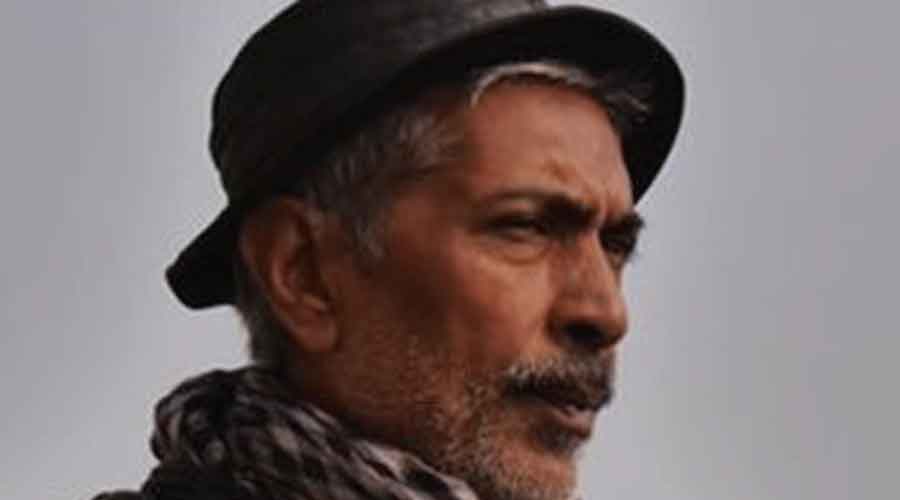Bhopal, the city of lakes, has been a favourite for filmmakers, especially Prakash Jha whose films Aarakshan and Rajneeti were shot here.
Jha and his crew were recently assaulted by the Bajrang Dal while shooting the third season of the web series Aashram, which some Sangh parivar leaders have accused of offending Hindu sentiments. Ink was thrown on Jha, who did not lodge a police complaint but secured police protection to continue shooting.
Madhya Pradesh home minister Narottam Mishra of the BJP has said that in future, scripts with religious scenes will have to be cleared by the district collectors before shooting.
Mishra told reporters: “Let alone the content, I object to the name (Aashram) itself. Hinduism is becoming a soft target.”
Jha’s series is about a conman preacher and is being shot in a state where religious leader Asumal Harpalani aka Asaram Bapu was arrested for alleged rape in 2013 after a massive police operation at his Indore ashram.
Mishra has also asked state police to probe a Ramleela skit at AIIMS Delhi that the Vishwa Hindu Parishad had opposed, to warn Dabur against a fairness bleach ad with a lesbian theme for Karwa Chauth, and gave fashion designer Sabyasachi Mukherjee a day to withdraw ads of his designer mangalsutra wedding necklaces that featured models in intimate poses.
Both Dabur and Sabyasachi withdrew the ads before the Madhya Pradesh police could act.
“It seems the government is attempting some damage control. While Narottam Mishra makes his statements, the police provide protection for the shooting,” former Madhya Pradesh chief secretary Sharad Chandra Behar told The Telegraph.
“But what message will go out to others planning to shoot here — that of Mishra’s statements and the vandalism, or the subsequent police protection?”
The state’s tourism department directly approached filmmakers during the pandemic and 35 films and web series were shot in Madhya Pradesh over the past year. This was at a time when most scenic locations in other parts of India were out of bounds because of Covid.
National award-winning director Hansal Mehta, whose face was blackened by Shiv Sena supporters in 2000 for a line in his film Dil Pe Mat Le Yaar!! — which ironically means “don’t take it to heart” — said the brave find a way.
“This (pre-censorship) is restrictive, draconian and takes away my constitutional freedoms. But artists have found ways to express themselves even in the most repressive circumstances,” Mehta told this newspaper.
“By such acts (attack on Jha and crew) you are actually empowering those who are fearless. The fearful will always be fearful. As Bashir Badr wrote, ‘Kuchh toh majbooriyan rahi hongi. Yuun koi bevafa nahin hota (There must have been some compulsion. No one is disloyal without reason)’.”
When Tanishq jewellery was forced to withdraw an ad showing a Hindu girl with Muslim in-laws last year, communication and brand guru N. Chandramouli had warned that this would set a precedent.
This week, he told this newspaper: “When brands like Tanishq pull back, smaller brands start rethinking. Many consumers would have a positive response to cultural intermingling and LGBT themes. But today you can’t express creativity or even normal feelings….”
“But when huge brands can’t or don’t stand up for their ads fearing a backlash, there is no brand personality. What will they be known for?” he said.
Chandramouli, the CEO of Mumbai-based brand intelligence and data insights firm TRA Research, explained: “I don’t buy a brand because I like the product but because it reflects my personality. A product can be copied, a personality cannot. The bigger challenge that brands don’t understand is that by appeasing trolls who may be 20 per cent of your consumers, you have actually let down 80 per cent of your consumers. There are Davids and Goliaths. You still have Ritu Kumar whose Diwali collection has models not wearing bindis.”











